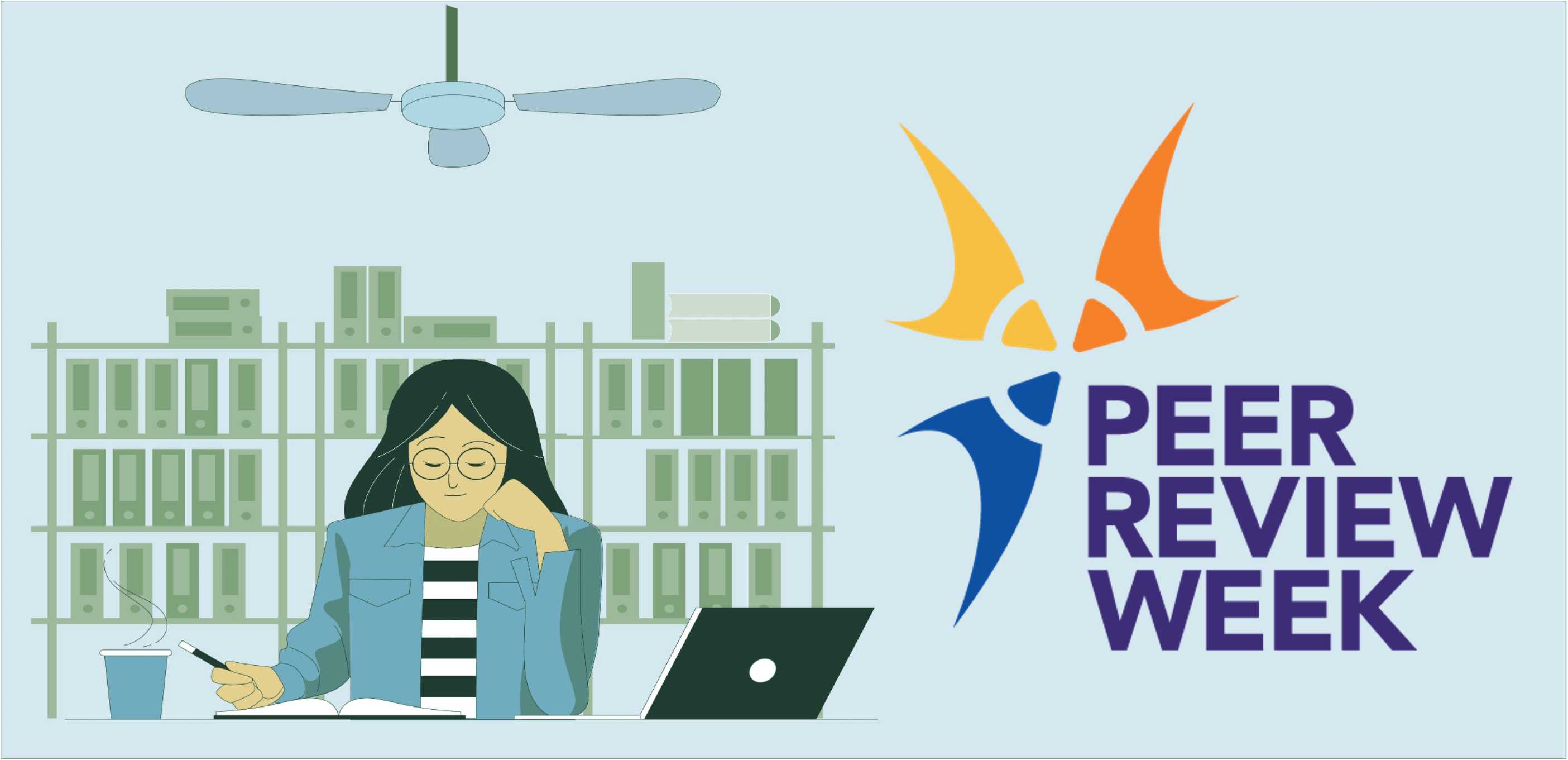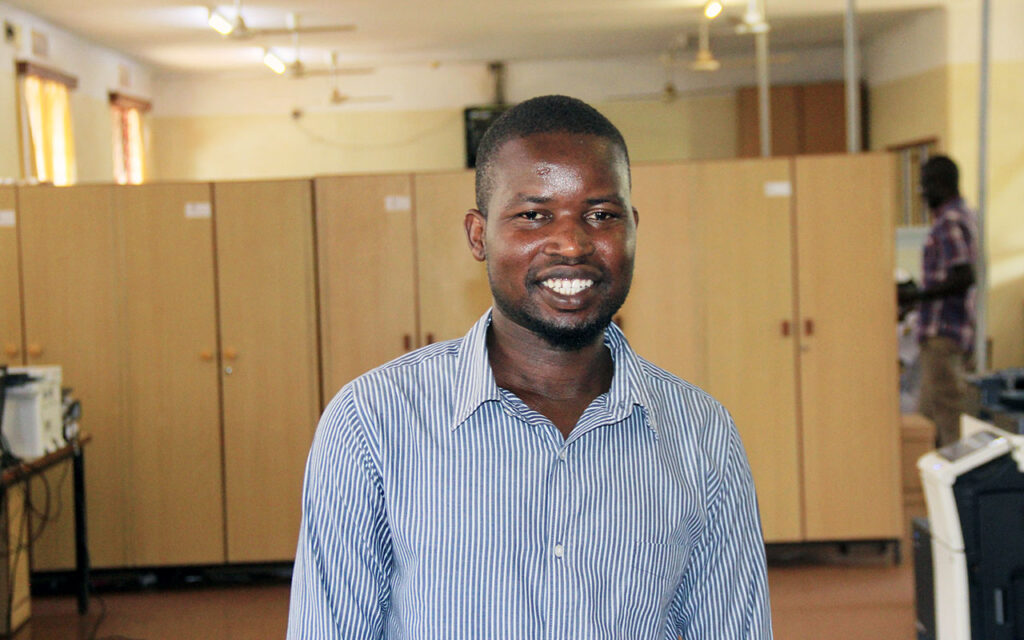Peer reviewers, we salute you! – Peer Review Week 2024

Did you know this week is Peer Review Week?
Peer review is a form of self-regulation of quality standards within a profession that involves work being evaluated by ‘peers’ who understand the field. In the world of journal publishing, it’s used to decide whether or not a paper is suitable for publication.
This week (23-27 September 2024) is Peer Review Week. It’s an annual community-led global event that celebrates the essential role that peer review plays in maintaining research quality and promoting scholarly communication. As well as bringing together individuals, institutions, and organizations to showcase the work of editors and reviewers, share research and advance best practices, it’s an opportunity to highlight the latest peer review innovations and applications. These are all worthy aims that Haemnet, as publisher of The Journal of Haemophilia Practice, supports.
Fair, honest… and challenging
Like most academic journals we rely on our peer reviewers to offer an honest and unbiased opinion of a manuscript’s strengths and weaknesses. We try to include reviewers from relevant disciplines from all over the world. Importantly, given the nature of the articles we publish, we’ll often seek the views of people who live with a bleeding disorder too – after all, they’re the ultimate experts.
Our peer reviews are also ‘double-blind’ which means that authors don’t know who is reviewing their work and reviewers do not know who’s work they are reviewing. It’s all about giving all the manuscripts we receive a fair reading.
The peer review process clearly has laudable aims. However, critics have described it as “slow, expensive, profligate of academic time, highly subjective, something of a lottery, prone to bias, and easily abused” [1]. It can also be challenging to find people willing to act as reviewers (ask any editor), particularly given that the number of academic publications is increasing. On top of that, too often reviewers are drawn from a very small pool of (usually) western academics.
Should we turn to tech?
Technology has the potential to address some of the shortcomings of peer review – and the theme of this year’s Peer Review Week centres on innovation and technology.
With such a focus, artificial intelligence (AI) inevitably looms large. The idea of integrating AI into peer review may seem odd at a time when academic publishing is grappling with the challenge posed by developments like ChatGPT, and their potential for plagiarism and undermining the writing process. But there’s good reason to consider it too.
AI tools offer the possibility of automating administrative tasks so that reviewers can focus on the more important aspects of peer review. And what about harnessing AI to help broaden the pool of reviewers and provide equal opportunities to scholars from under-represented countries? These topics and more are all up for debate this week, and the organisers of Peer Review Week are inviting anyone interested in advancing peer review to get involved. You can find out about events and how to offer views, comments and shared experiences through their website.
We couldn’t do it without you!
Peer review is likely to remain central to academic journals. Our hope is that wider sharing of the best practices and approaches offered by new technologies will help to improve it.
That said, we recognise the invaluable role all our peer reviewers play in making publication of The Journal of Haemophilia Practice possible. They are fabulous individuals who share their time and expertise generously, and we would like to take this opportunity to salute them. Thank you!
And if you would like to join their number, you can volunteer your services at publishing@haemnet.com
References
1. Smith R. Peer review: a flawed process at the heart of science and journals. J R Soc Med 2006;99:178-82. doi: 10.1177/014107680609900414.
Image: Shutterstock/Storyet


